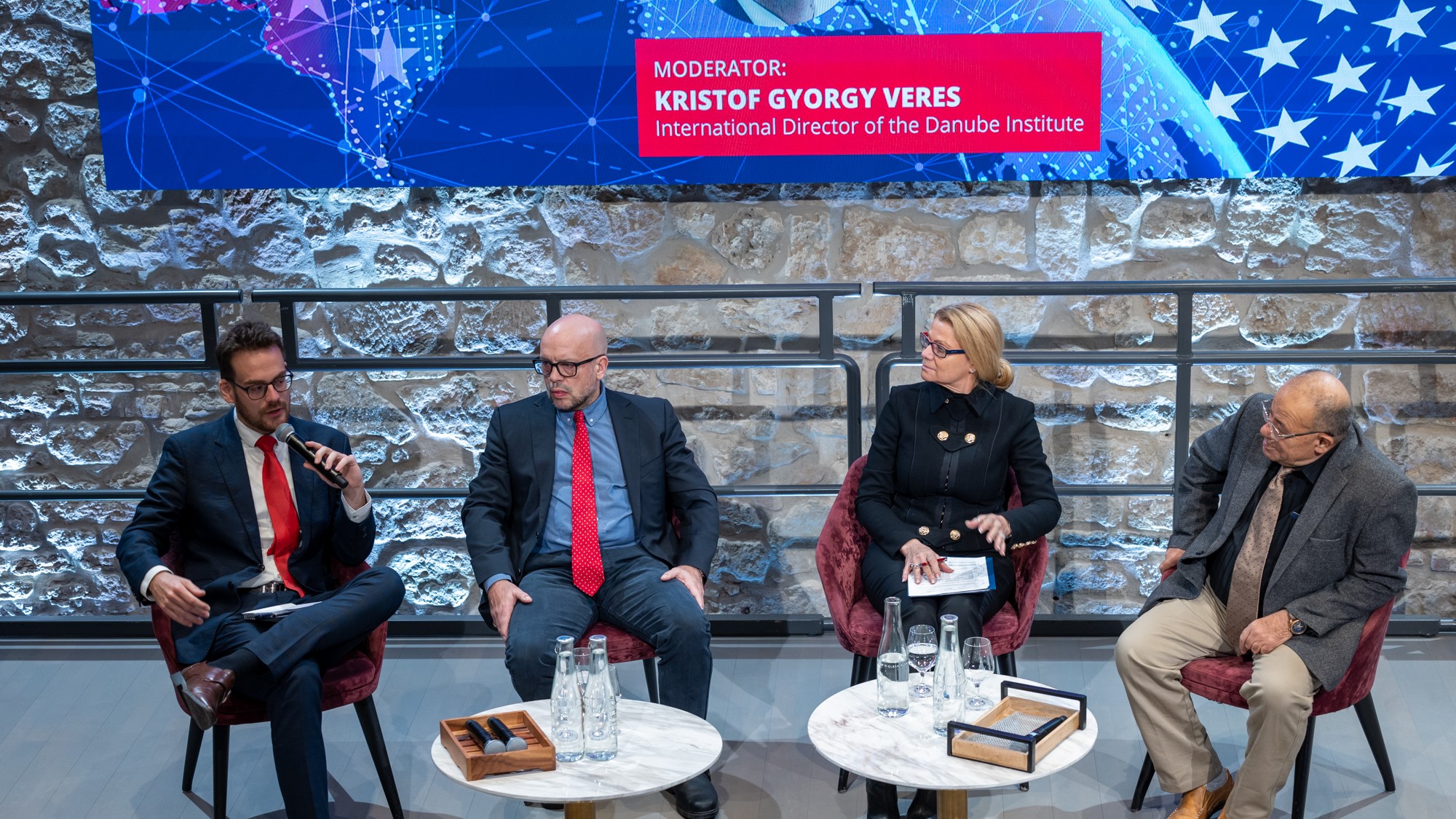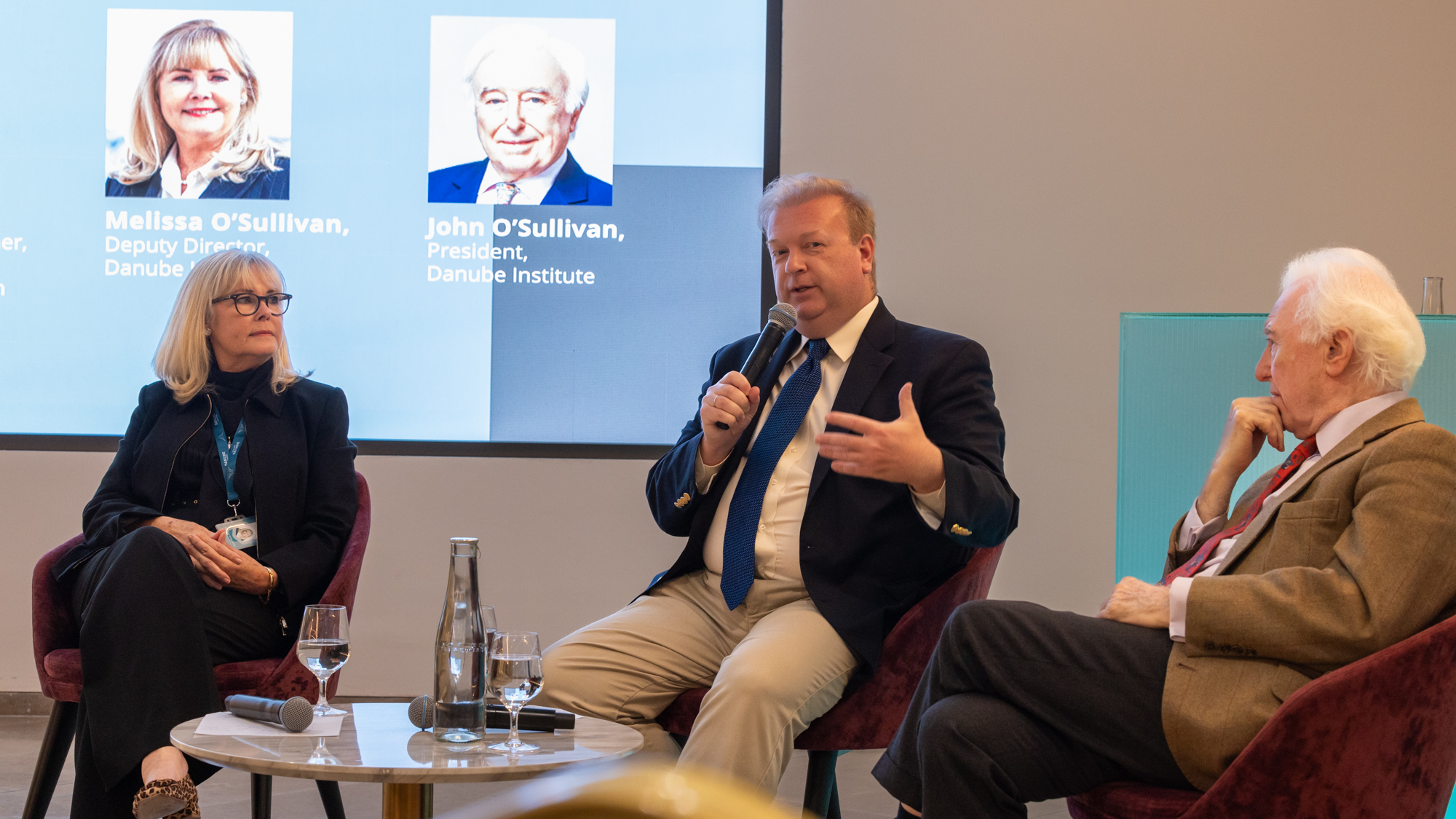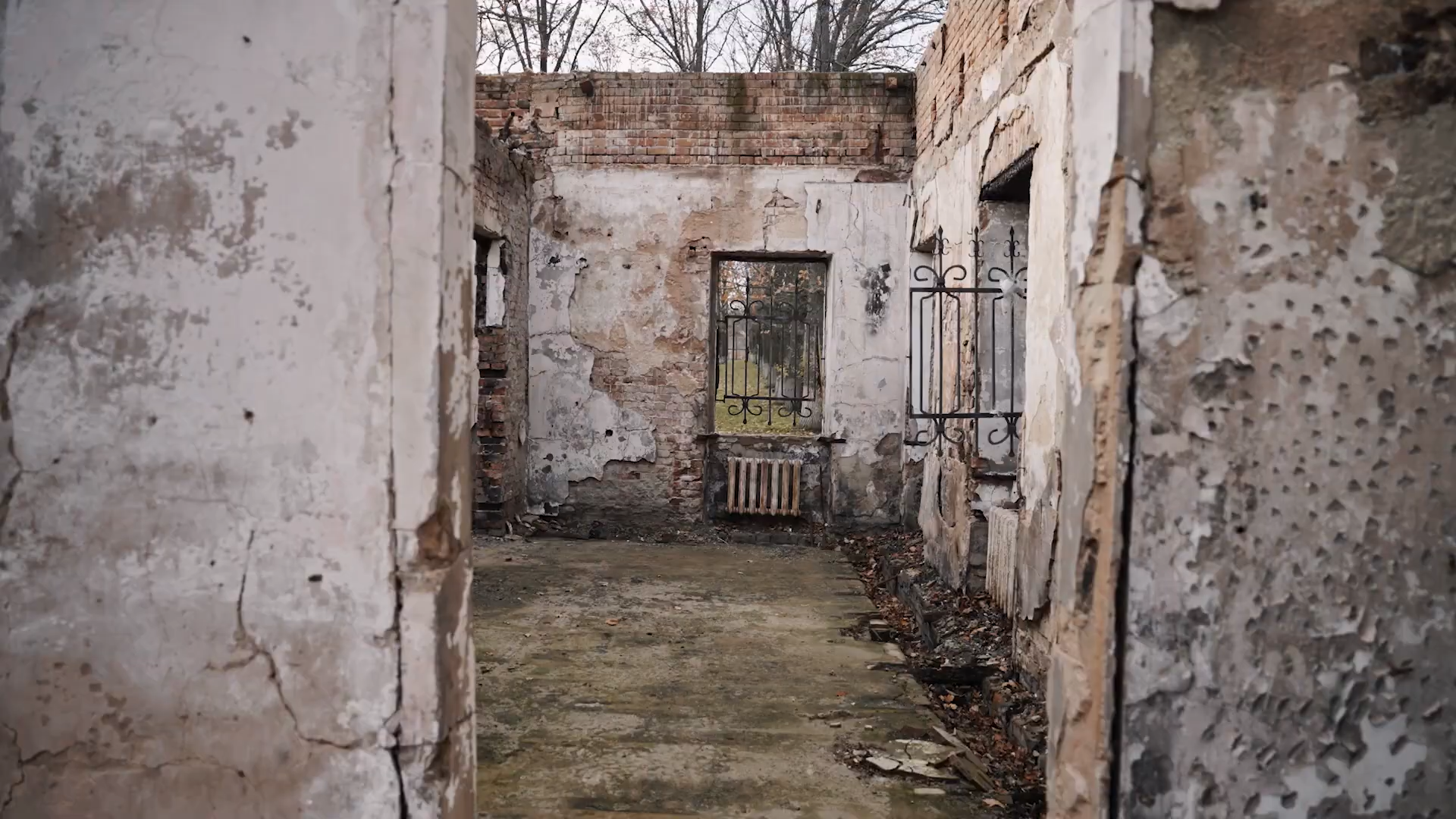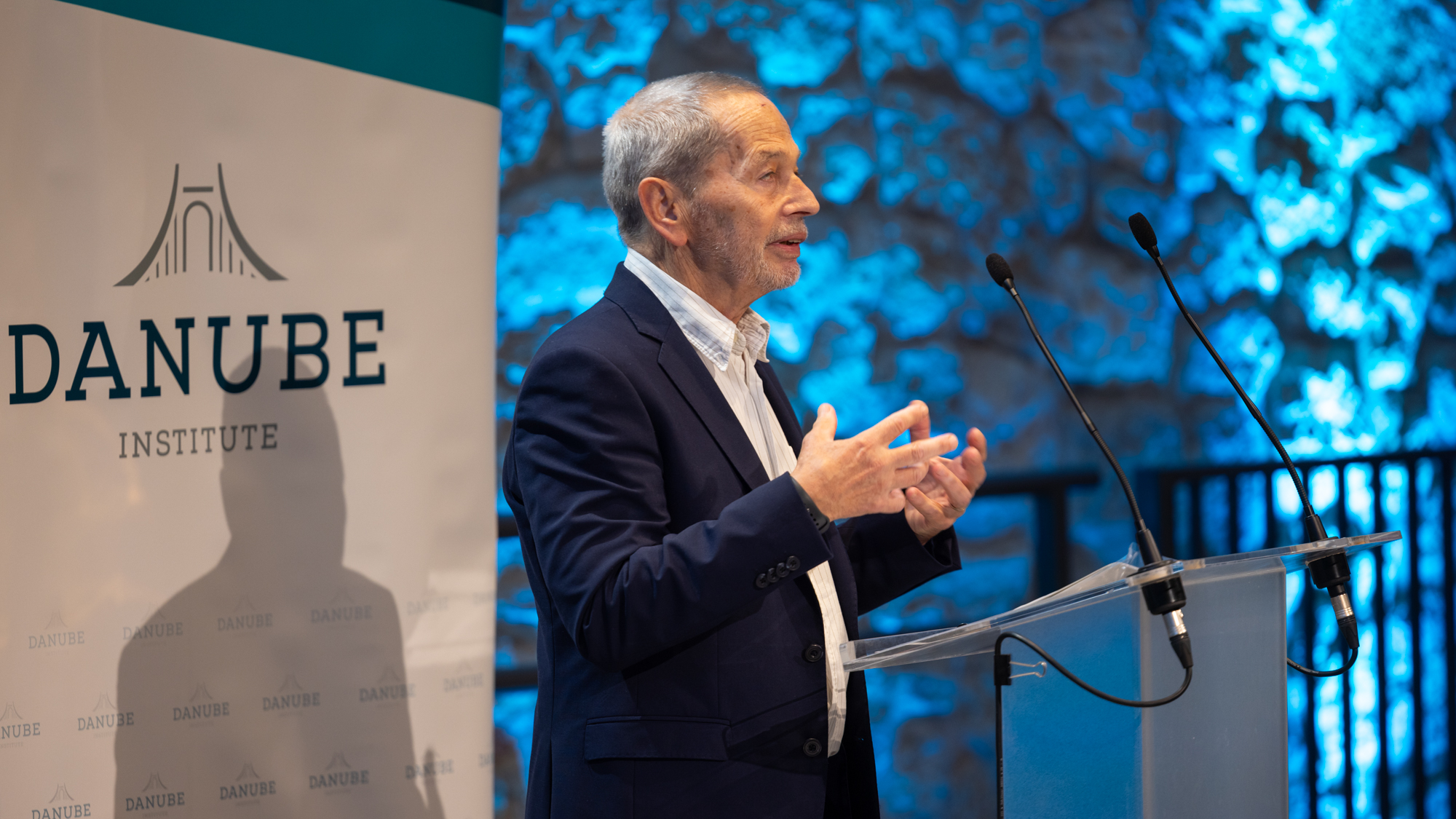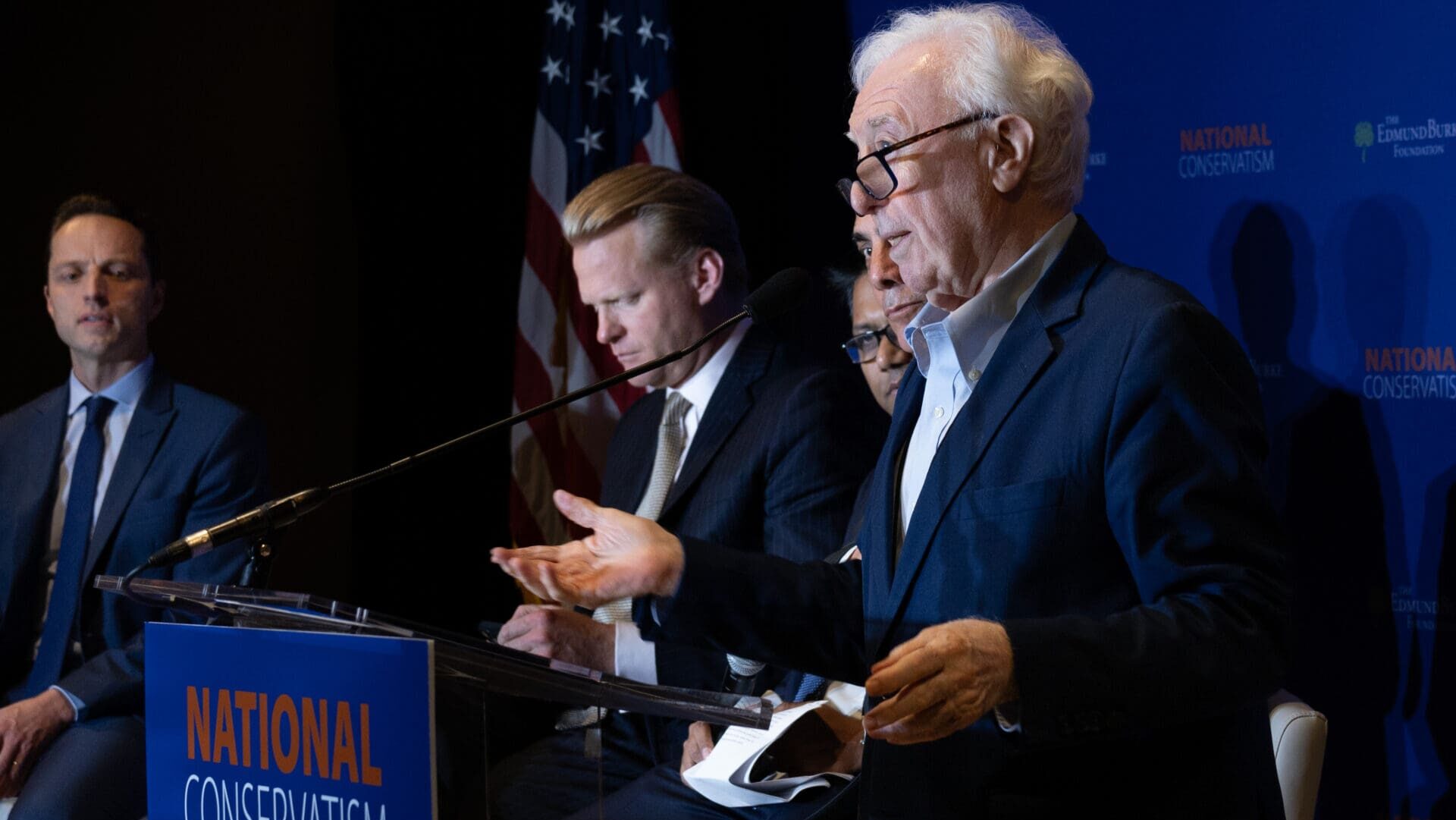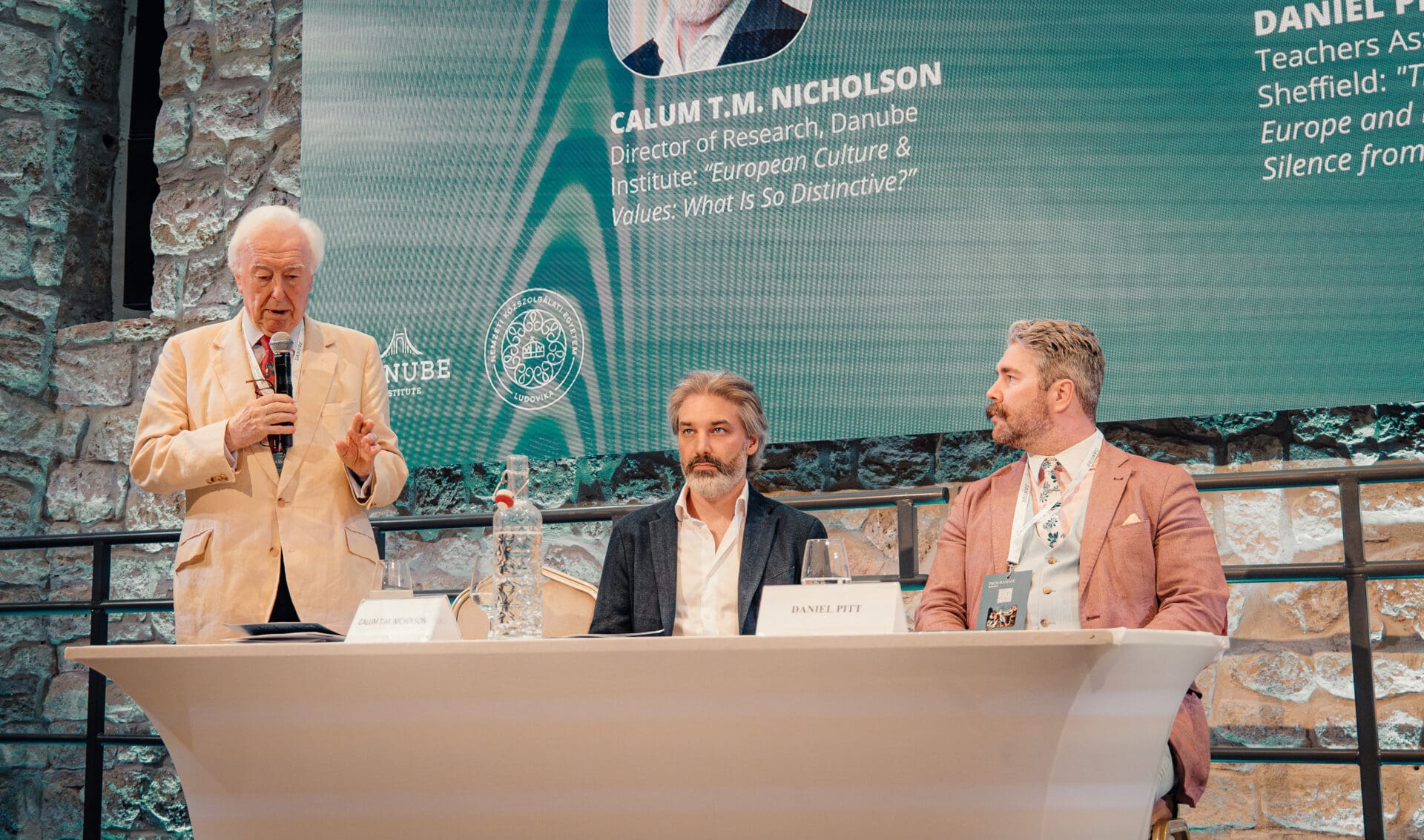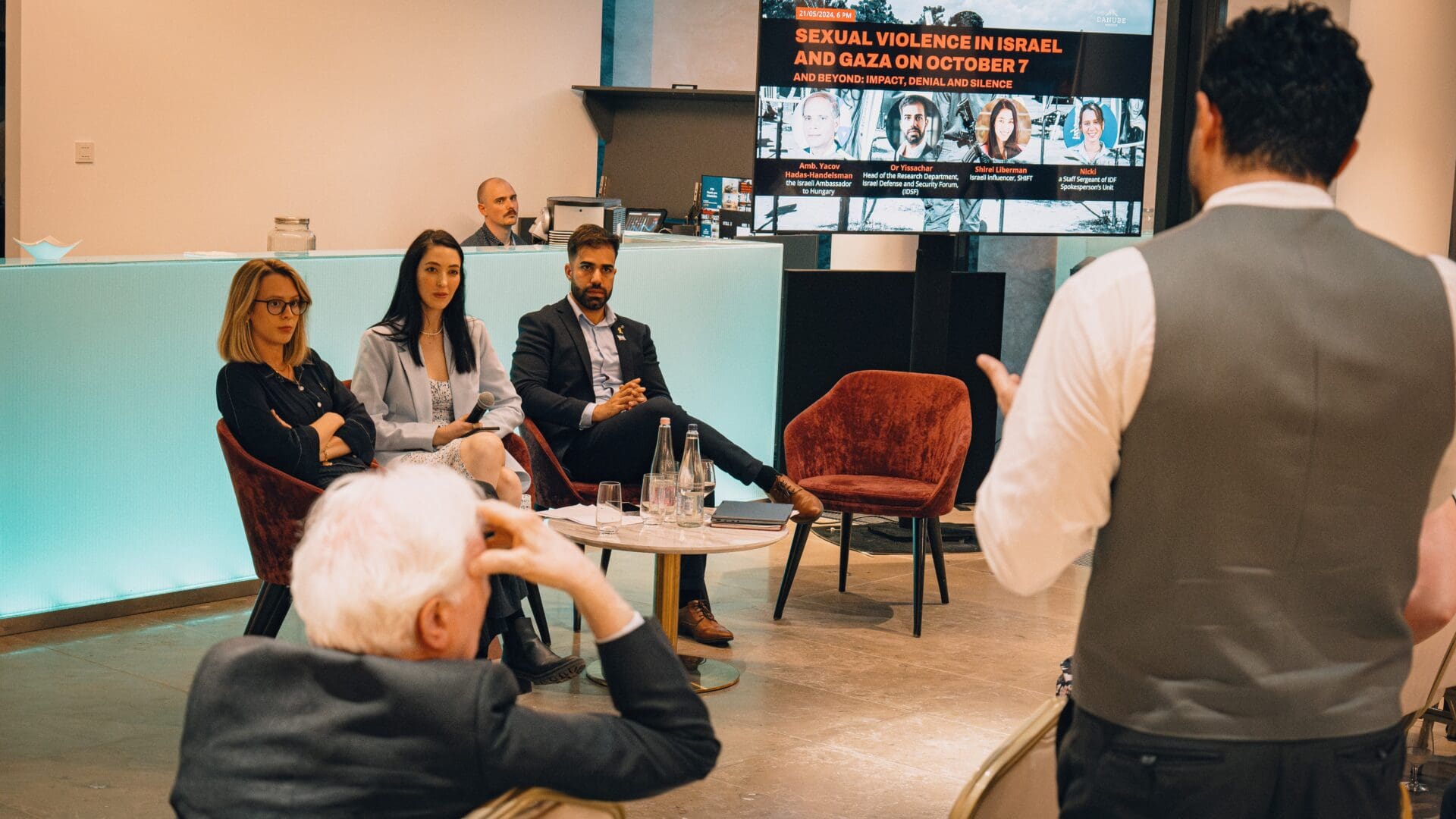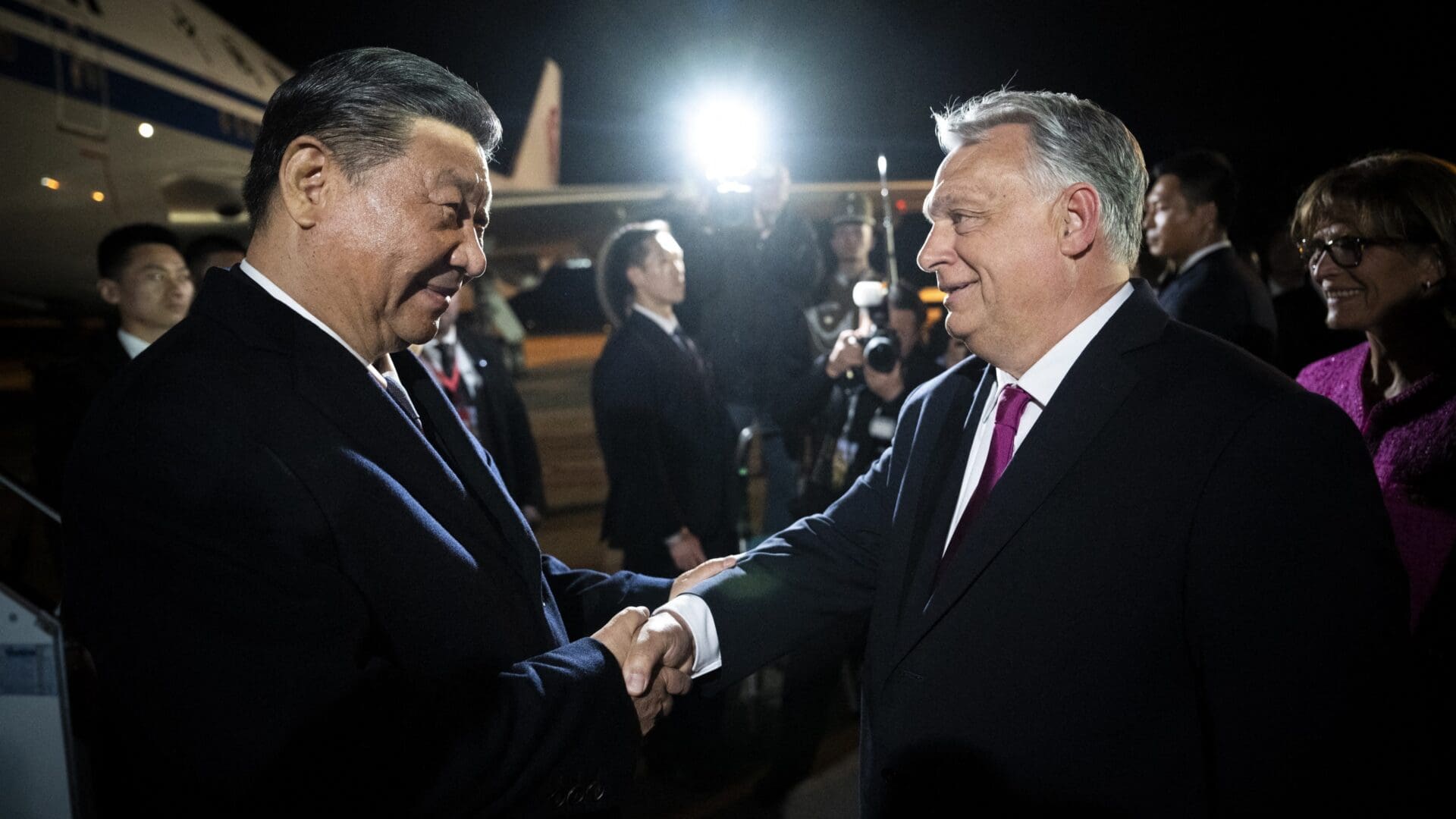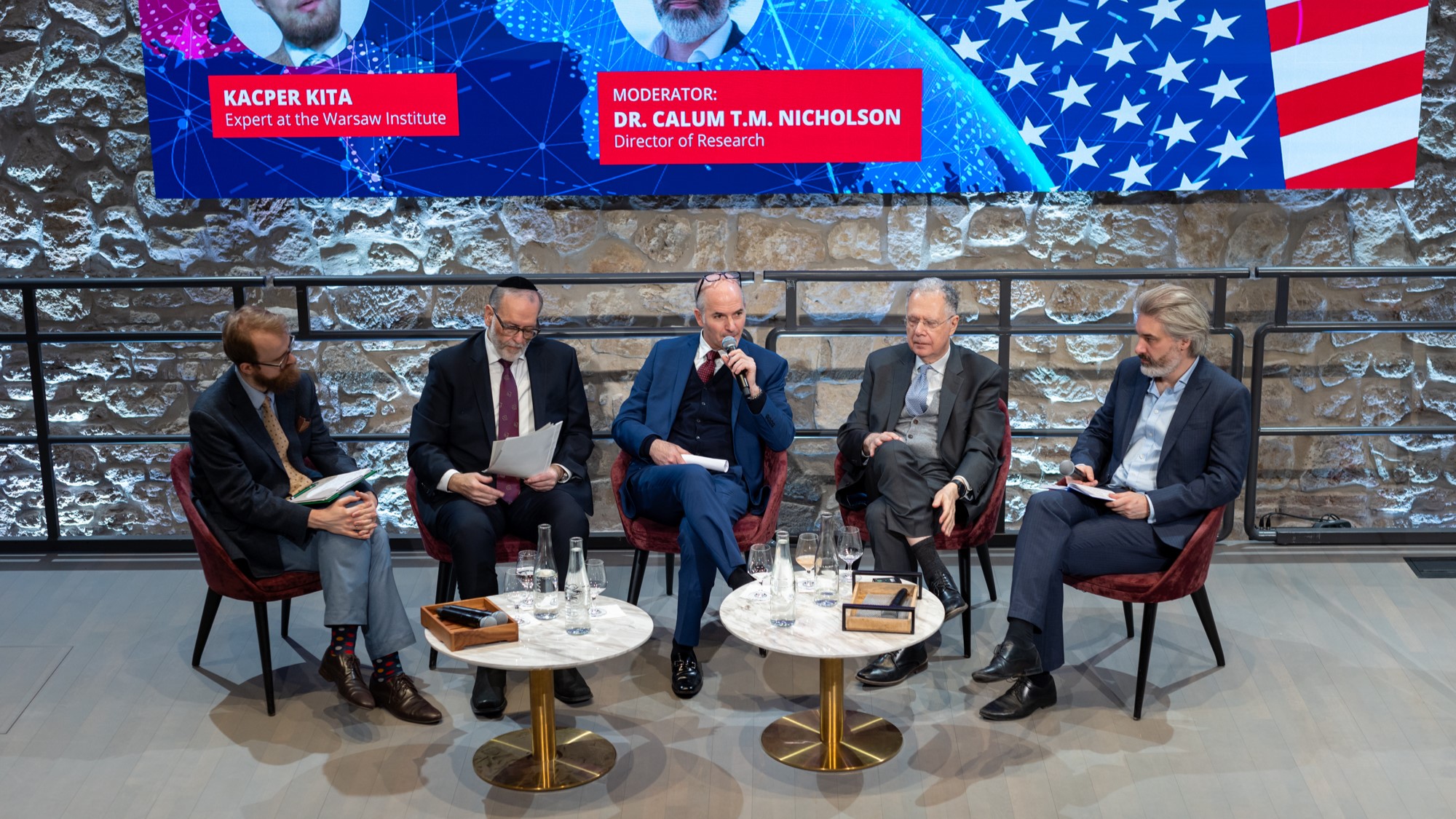
Trump 2.0: What to Expect in Trade, Energy, and Technology Policy
Energy markets, trade dynamics, and technological innovation are at the forefront of global economic concerns. The second panel of the Trump 2.0 event organized by the Danube Institute brought together experts to discuss expectations on how Trump’s second term might impact economy and trade policies.

